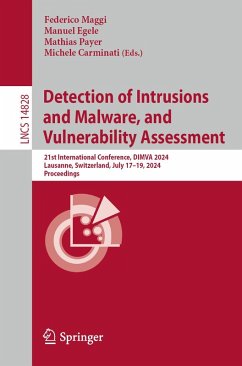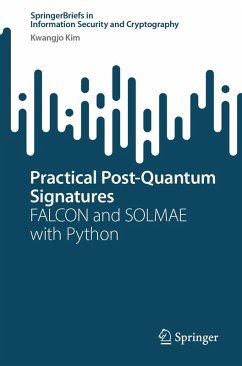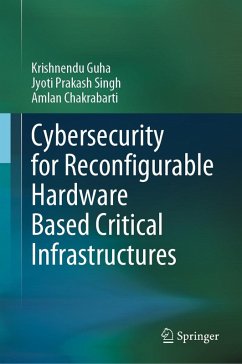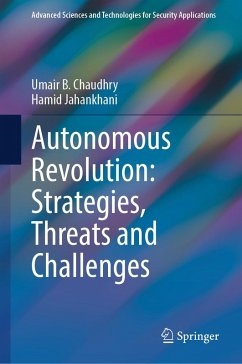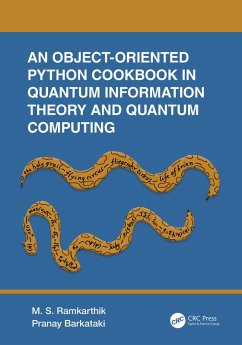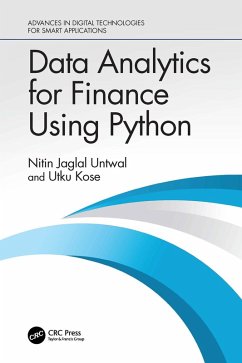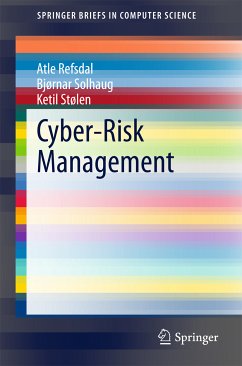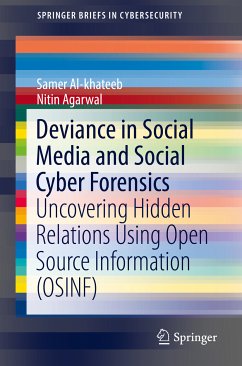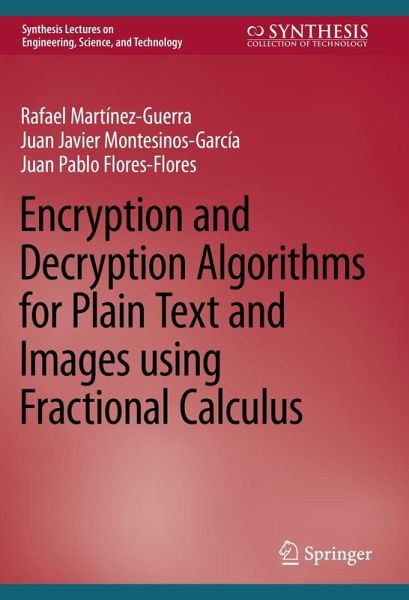
Encryption and Decryption Algorithms for Plain Text and Images using Fractional Calculus (eBook, PDF)
Versandkostenfrei!
Sofort per Download lieferbar
72,95 €
inkl. MwSt.
Weitere Ausgaben:

PAYBACK Punkte
36 °P sammeln!
This book offers an alternative for encrypting and decrypting messages using objects called integer and fractional-order estimators or observers, by means of security codes. The authors first establish the class of observers capable of carrying out this work. Then, the type of observers to treat either the integer or fractional order type and their main characteristics is mentioned. The book also presents an essential property of some systems such as Liouville, which is vital for the encryption and decryption of messages in integer and fractional order nonlinear systems by using the synchroniz...
This book offers an alternative for encrypting and decrypting messages using objects called integer and fractional-order estimators or observers, by means of security codes. The authors first establish the class of observers capable of carrying out this work. Then, the type of observers to treat either the integer or fractional order type and their main characteristics is mentioned. The book also presents an essential property of some systems such as Liouville, which is vital for the encryption and decryption of messages in integer and fractional order nonlinear systems by using the synchronization property of chaotic systems. Finally, it addresses some logistic maps such as Mandelbrot sets including Julia and fractal sets, taking advantage of their characteristics to encrypt or recover messages.
Dieser Download kann aus rechtlichen Gründen nur mit Rechnungsadresse in A, B, BG, CY, CZ, D, DK, EW, E, FIN, F, GR, HR, H, IRL, I, LT, L, LR, M, NL, PL, P, R, S, SLO, SK ausgeliefert werden.



